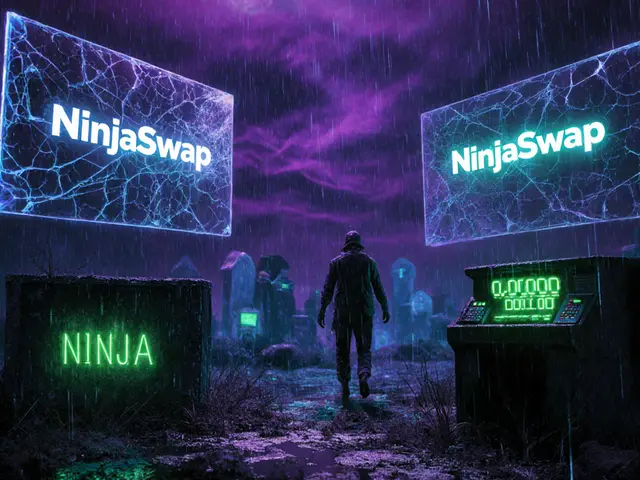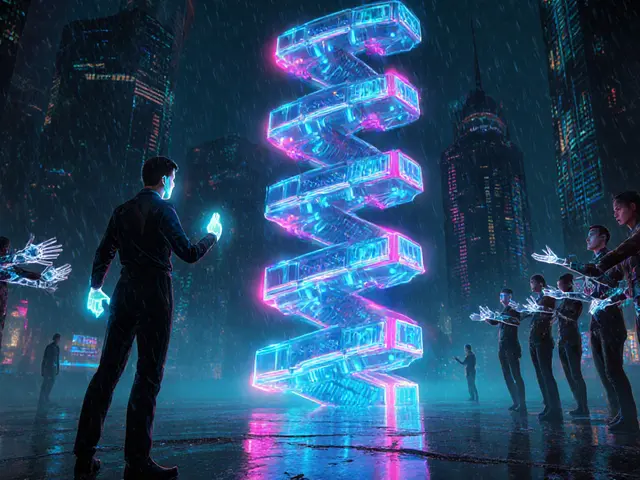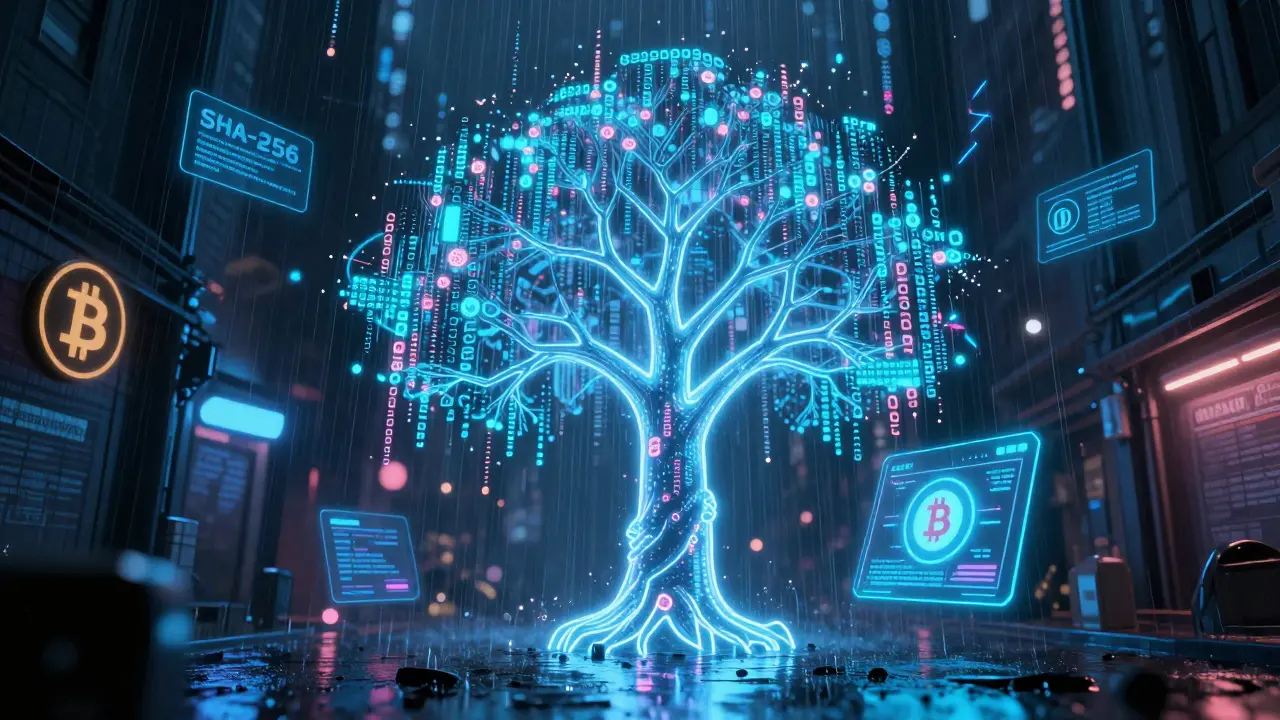Bitcoin blockchain: How it works, who tracks it, and why it matters
When you send Bitcoin, a decentralized digital currency that runs on a public ledger called the Bitcoin blockchain. Also known as BTC, it doesn’t need banks—but it leaves a permanent, visible trail. Every transaction since 2009 is recorded on the Bitcoin blockchain, a tamper-proof, distributed ledger that stores all Bitcoin transactions in blocks linked by cryptography. This isn’t secret history—it’s public record. And that’s why it’s both powerful and risky.
The Bitcoin blockchain, a transparent, immutable chain of transaction data verified by miners doesn’t hide identities, but it does hide names. Wallet addresses look like random strings: 1A1zP1eP5QGefi2DMPTfTL5SLmv7DivfNa. But that’s not anonymity—it’s pseudonymity. Tools like blockchain forensics, software used by governments and private firms to trace crypto flows and link addresses to real-world entities can connect those addresses to exchanges, IP addresses, or even names. Agencies like the IRS, FBI, and Europol use these tools to catch ransomware gangs, darknet market sellers, and sanctions evaders. If you’re trying to hide Bitcoin, you’re fighting a system built to see everything.
That’s why so many scams try to trick people into thinking Bitcoin is anonymous. Fake tokens like Apple Network (ANK) or EzyStayz (EZY) use the buzz around blockchain to lure victims. Meanwhile, real DeFi projects like SORA (XOR) and Pera Finance build on blockchain tech to offer real utility—but they still rely on the same public ledger. Even when you trade on decentralized exchanges like Libre Swap or IslandSwap, your moves are still visible on the Bitcoin blockchain if you’re using Bitcoin. And if you’re using Ethereum or BNB Chain, those chains have their own ledgers—but the same rules apply: no hiding, no deleting, no rewriting.
Some countries, like Bangladesh and Cuba, ban crypto outright—but people still use VPNs and P2P platforms to trade. Why? Because the Bitcoin blockchain doesn’t care about borders. It runs 24/7, everywhere. That’s why Georgia offers crypto licenses and Malta issues VFA permits: they know the blockchain is here to stay. It’s not magic. It’s math. And it’s traceable.
Below, you’ll find real reviews, deep dives, and scam alerts—all tied to how the Bitcoin blockchain actually works in practice. From how sanctions affect crypto in Syria to how forensic tools track ransomware payments, these posts cut through the noise. No fluff. Just what you need to know before you send, trade, or invest.





